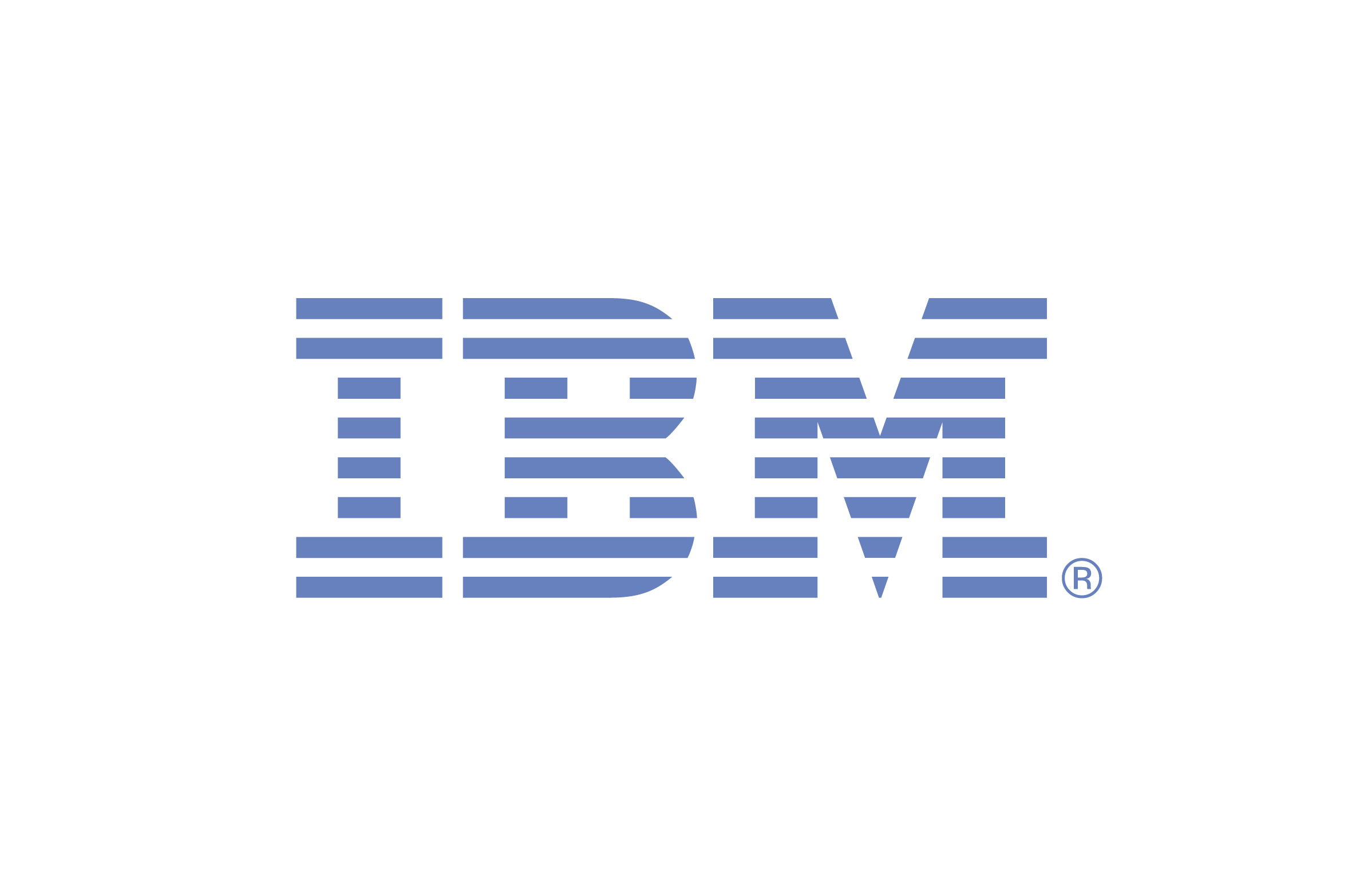IBM Wins the 2010 Patent Shootout
For the 18th year in a row, IBM has received the patent crown: No other company receives more patents in the U.S. than Big Blue.
According to IFI Claims, IBM managed to squeeze 5896 patents out of the U.S. Patent and Trademark Office in 2010, which is a 20% improvement from just 4914 in 2009. Samsung followed in second place with 4551 patents and Microsoft joined the two with 3094 patents. In total, the USPTO approved a total of 219,614 utility patents in 2010. That breaks down to about 601 granted patents per day.
"The tremendous increase in patent issues in 2010 suggests that so far the economy doesn't appear to have slowed patent flow significantly in the U.S.," said IFI's Darlene Slaughter in a prepared statement. "Another important factor is the stepped up effort of the USPTO to improve turnaround times and its five-year strategic plan to increase efficiencies and reduce pendency. The bottom line: There is still a backlog of patents pending but the number of grants continues to grow even after a period of economic downturn."
IFI said that American companies received 50.1% of all granted patents, which is up from 49.0% in 2009. Japan got 21.3%, South Korea 5.4%, Germany 5.2% and Taiwan 3.8% of all patents. It is interesting to see that the pure-play IT companies dominate the patent list. For example, the highest ranked car manufacturer is Honda at #18 with 1050 patents. Appel also ranks relatively low on the list with 563 approved patents at #46.
Get Tom's Hardware's best news and in-depth reviews, straight to your inbox.

Douglas Perry was a freelance writer for Tom's Hardware covering semiconductors, storage technology, quantum computing, and processor power delivery. He has authored several books and is currently an editor for The Oregonian/OregonLive.
-
rantoc The slowed economy is probably one of the key reasons so many patents are filed, when the sales are bad the companies are looking elsewhere for revenue and what is a better target when you can patent "Generic use of toilet paper in bathroom" or "Open mouth to breath air" and the like? /sighReply -
Von Death Considering how hard they are to get, IBM's patent farming operation is quite impressive. For some reason I assumed Apple would be higher on the list... maybe they are running out of other people's ideas?Reply -
tical2399 @rantocReply
That's exactly what i was thinking. When cash is tight just sue somebody and either win or settle and still get paid. -
These are companies with large R&D departments, and many of them focus on core research too. See the history of other US companies, like the telcos and so on. They invented a lot of usefull stuff.Reply
Apple does really not invent that much. They have a few software patents og user experience patents. But they are not a hardware company. They design a phone, and call the screen Retina screen for example... but it is a regular LCD ISP screen with a high resolution that they buy from Lg in Korea. That is the case with most of their stuff. Lets use the phone as an example again. The CPU is an ARM processor made by Samsung, that Apple only have made a few minor changes to (and that is not the core of the CPU). The memory is made by Samsung too btw. And all the parts are asembled in China by Foxconn.
If you look at IBM for example.. they do research in CPU design and production. They design technology from the ground up. Look at harddrives . . . they invented better heads, they did research on bearings related to drives, they invented "pixie dust" and so on. Even though they sold the drive division, they still make parts for drives.
If all companies stopped to research by themselves, and just let other assemple theirs stuff - there will be no new cutting edge stuff. Just old technology in fancy design. And yeah... you can get a patent on design - but what we need is patents on core technology.
Look to Germany and Fraunhofer for example (http://www.fraunhofer.de/en/about-fraunhofer/) .
Here in the US we have a lot of technology. We should focus more on the fabrication too. Not just invent tech, and let others make the products.
Manufacturing gives a lot of jobs that we need. -
-Fran- When you patent true innovation, is when the patent systems works very good: protecting innovation from tech thieves. I'd give IBM the benefit of doubt, but I also know they might patent "troll stuff" just because they can and it will gives them profit someday.Reply
You should pay for your patent to stay alive IMO (not a creation fee, but a monthly one according to the type of patent asked). That way there wouldn't be patents standing alone in the dark, waiting for someone to break them and sue the ones who does it. When the patent expires because of payment, then it becomes void or becomes "free to use". It's a rough idea, but it might work xD!
Cheers! -
Isn't this the same company that files an application to patent the patent process? I am least impressed...Reply
-
malikxaxu YukaYou should pay for your patent to stay alive IMO (not a creation fee, but a monthly one according to the type of patent asked). That way there wouldn't be patents standing alone in the dark, waiting for someone to break them and sue the ones who does it. When the patent expires because of payment, then it becomes void or becomes "free to use". It's a rough idea, but it might work xD!Cheers!Reply
Dude, there is a fee for having a patent stay alive: it is called a maintenance fee. In the US, these fees are due at 3.5, 7.5 and 11.5 years after patent grant. In other countries, these fees are due annually, i.e. in Canada.
-
cookoy don't mess with this gentle giant. it is armed to the teeth. it may have patent to how i save my personal info on my hard drive.Reply -
Yoder54 It only proves that America has the ingenuity and innovation, now if we could just keep the manufacturing jobs here instead of outsourcing them. Then, and only then, will we regain our global economic dominance.Reply
